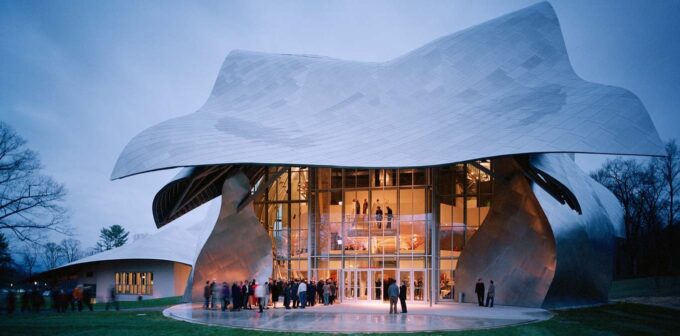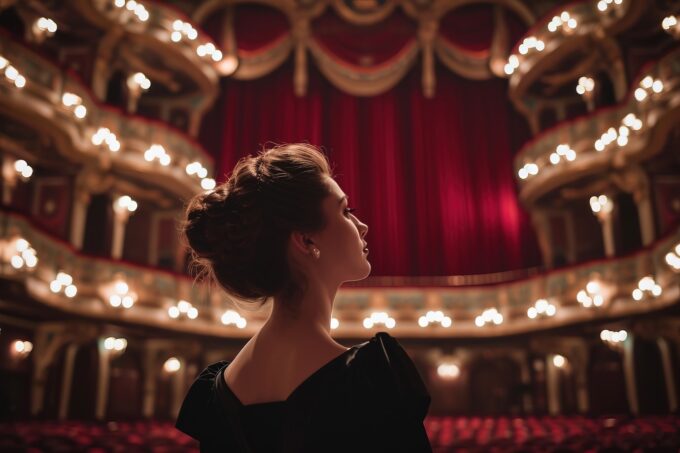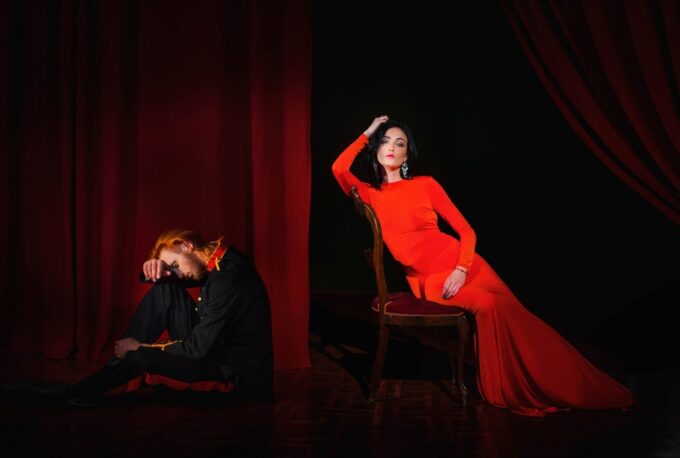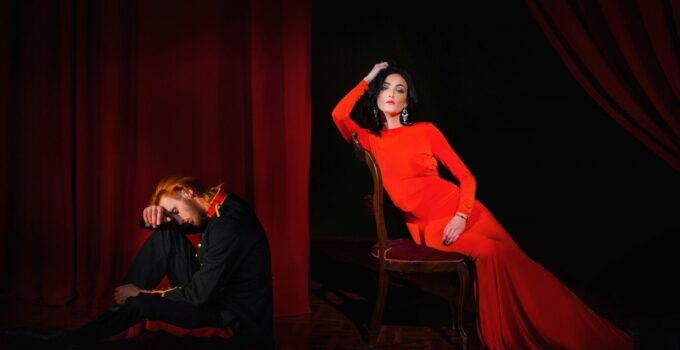Leon Botstein has crafted a unique path for Bard College. His focus on opera as a cultural force stands out. The combination of academic excellence and artistic innovation defines Bard’s approach to opera. Botstein’s influence extends far beyond the classroom, guiding the opera performances into a new era.
Bard College’s connection to opera goes back years. With Botstein’s leadership, the productions have gained recognition for their bold choices. The emphasis on overlooked composers, paired with contemporary interpretations, offers audiences something different.
Key Points:
- Leon Botstein’s leadership elevates Bard’s opera productions.
- A focus on lesser-known works differentiates Bard’s approach.
- Contemporary interpretations breathe new life into traditional forms.
- The collaboration between academic and artistic fields enhances the productions.
- Bard’s emphasis on underrepresented composers reshapes the opera landscape.
A Unique Vision
Leon Botstein has focused on reshaping the opera experience for audiences. The productions at Bard aim to offer more than just entertainment. They push boundaries, presenting the audience with pieces they may never have encountered otherwise. Botstein’s approach is both intellectual and accessible, offering depth without alienating those unfamiliar with the art form.
Botstein’s influence at Bard College can be traced to his unique perspective on music. He believes that opera has the power to transform perspectives. His leadership in the arts has resulted in bold and unconventional productions. Bard’s opera performances have become a platform for exploring rarely performed works, challenging the norms of traditional productions.
A Focus on the Unseen
At Bard College, the emphasis on less-explored works sets it apart. While many institutions focus on the classics, Bard chooses to bring attention to pieces that have not received their due. This choice stems from Botstein’s belief in the importance of diversity in music. The performances highlight composers who have been overlooked by history, offering a fresh perspective on the art.
This strategy has allowed Bard’s opera program to distinguish itself in a crowded field. By showcasing lesser-known works, the productions become a platform for discovery. Audiences come away with a broader understanding of the art form and its history.
The Role of Bard SummerScape

Source: fishercenter.bard.edu
Bard SummerScape plays a key role in these productions. Each year, the festival presents a mix of classic and contemporary performances. The festival, co-directed by Botstein, has become known for its innovative approach to staging and repertoire.
The festival provides a space for experimentation. It allows artists and directors to take risks, exploring new ways of presenting works. This has resulted in productions that challenge the status quo, offering audiences a different experience than they might find elsewhere.
Blending the Academic with the Artistic
What sets Bard’s opera program apart is the way it combines academic study with performance. Bard College encourages students to engage with the works on a deeper level. This approach extends beyond the classroom. Students, faculty, and visiting artists collaborate to produce performances that reflect both scholarly research and artistic expression.
The program focuses on the intersection of academic inquiry and artistic practice. Students not only learn about the history and theory of opera, but they also get hands-on experience in production. This integration of theory and practice results in performances that are both intellectually stimulating and artistically vibrant.
A New Era for Opera

Source: freepik.com
Botstein’s vision for the future of opera is forward-thinking. He believes that the art form must evolve to stay relevant. At Bard, opera is not treated as a static tradition. Instead, it is constantly evolving. The productions reflect this by incorporating contemporary issues, new interpretations, and fresh perspectives.
The approach at Bard challenges audiences to think about opera in new ways. The productions engage with current events, social issues, and modern aesthetics, making the performances more relevant to contemporary audiences. This forward-looking vision ensures that productions at Bard remain at the cutting edge of the art form.
The Impact of Collaboration
Collaboration is at the heart of Bard’s opera productions. The program brings together students, faculty, and professional artists, fostering an environment of creative exchange. This collaborative spirit enhances the performances, allowing for a range of voices and perspectives to be heard.
Bard’s production also collaborates with other institutions, expanding its reach and impact. Partnerships with other organizations allow Bard to bring in guest artists, directors, and musicians, further enriching the productions. These collaborations help to elevate Bard’s opera performances to a higher level.
Looking to the Future

Source: freepik.com
As Bard’s opera program continues to grow, the future looks promising. Botstein’s leadership ensures that the program will continue to innovate and push boundaries. The focus on underrepresented composers, contemporary interpretations, and academic rigor will remain central to Bard’s approach.
The productions at Bard College is not just about preserving tradition. It is about reinventing the art form for a new generation. By focusing on innovation and diversity, Bard’s productions offer a fresh take on opera, ensuring that it remains relevant in today’s world.
Conclusion
Bard College has become a leader in the world of opera under Botstein’s guidance. His vision for the future of the art form has resulted in bold, innovative productions that challenge audiences and push the boundaries of what opera can be. Bard’s emphasis on underrepresented composers, collaboration, and academic rigor ensures that its opera program will continue to stand out.
The opera performances at Bard are not just events; they are experiences. Audiences leave with new perspectives on the art form, having encountered works and interpretations they might not find anywhere else. Botstein’s vision has reshaped the landscape of opera at Bard, ensuring that it remains at the forefront of innovation in the arts.
As Bard continues to grow its opera program, it will undoubtedly continue to push the boundaries of the art form, offering audiences a chance to see opera in a new light. Botstein’s leadership and vision have paved the way for a new era of opera, one that is defined by bold choices, innovative interpretations, and a commitment to diversity and inclusivity.







